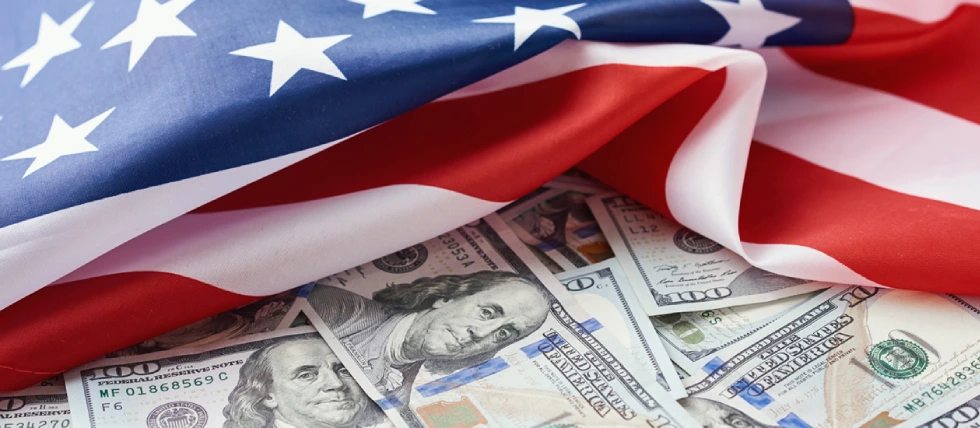Balancing Revenue and Industry Impact of Rising Sports Betting Tax
As states consider increasing taxes, sportsbooks argue they are already contributing significantly. While Americans lose billions on sports betting, some states believe operators should pay more, leading to a contentious debate.

As states try to introduce new tax hikes, sportsbooks start discussion against higher contributions.
The High-Stakes Battle Over Sports Betting Taxes
In 2021, major sportsbook operators accepted a high tax rate on their online revenue in New York, which was much higher than typical rates in other states, to access the country's largest legal market. This decision is now costing the industry potentially billions of dollars. New York's 51 percent tax has allowed the state to collect an astonishing $1.9 billion in just three years. Inspired by this, other states like Illinois and New Jersey are considering similar hikes.
Sportsbooks warn that higher taxes will impact customers through reduced promotions, worse odds, and fewer wagering options. Legalizing sports betting was initially justified by the potential tax revenue. However, tax rates vary widely across the country, from 6.75 percent in Iowa to 51 percent in the New York sports betting market, reflecting ongoing disagreements about the industry's regulation.
Some lawmakers view steep taxes as a means to control gambling, while sportsbooks advocate for the freedom to operate like any other business. This conflict forces customers to pick sides. As sports betting revenue surpasses expectations, the demand for problem-gambling services grows, but advocates argue many states are not allocating enough tax revenue to address public health concerns adequately.
Sportsbook operators are aggressively campaigning against higher taxes, claiming that lawmakers' greed is hindering their industry and boosting the black market. Unregulated operators often offer better odds because they don't have to pay taxes. For example, FanDuel recently alerted Illinois customers about a proposed tax increase, encouraging them to protest. This campaign resulted in over 53,000 emails to state lawmakers.
Profits, Taxes, and Industry Challenges
Since the Supreme Court allowed states outside Nevada to legalize sports betting in 2018, Americans have legally bet $353.6 billion on sports, losing about $29.6 billion. State coffers have benefited by around $5.5 billion from these losses, sometimes exceeding expectations, other times not.
The sports betting industry operates on narrow margins, with significant overhead costs, including regulatory compliance, corporate taxes, licensing fees, and mandatory partnerships with brick-and-mortar casinos. Additionally, the federal government collects a tax on every wager, significantly impacting high-volume, low-margin operators.
Despite these challenges, some industry giants are becoming profitable. In 2023, FanDuel became the first U.S. sportsbook to be profitable over a full year, and DraftKings expects to follow suit this year. However, operators warn that increased taxes could harm their business and benefit illegal markets.
More Regulation News
States and Sportsbooks Clash Over Proposed Tax Increases
As operators resist higher taxes, states like New Jersey are attempting to challenge them. New Jersey proposes raising the tax on online sports betting, arguing that while it leads the nation in money wagered, neighboring states with higher taxes generate more revenue.
Smaller operators, such as Prime Sports, struggle to compete with industry giants due to high taxes. Higher taxes could lead to increased costs for customers, potentially raising standard bet requirements.
In conclusion, as states consider raising taxes on sportsbooks, the industry is fighting back, warning of negative consequences for customers and potential growth in the illegal market. The debate continues as lawmakers, operators, and advocates seek a balance between revenue generation and responsible gambling.
RELATED TOPICS: Regulation
Most Read
Must Read
 Interviews
Interviews
Sweepstakes Casinos: Thriving in an Ever-Changing Industry – Interview with Attorney Stephen C. Piepgrass
Feb 17, 2025 Interviews
Interviews







Review this New Post
Leave a Comment
User Comments
Comments for Balancing Revenue and Industry Impact of Rising Sports Betting Tax